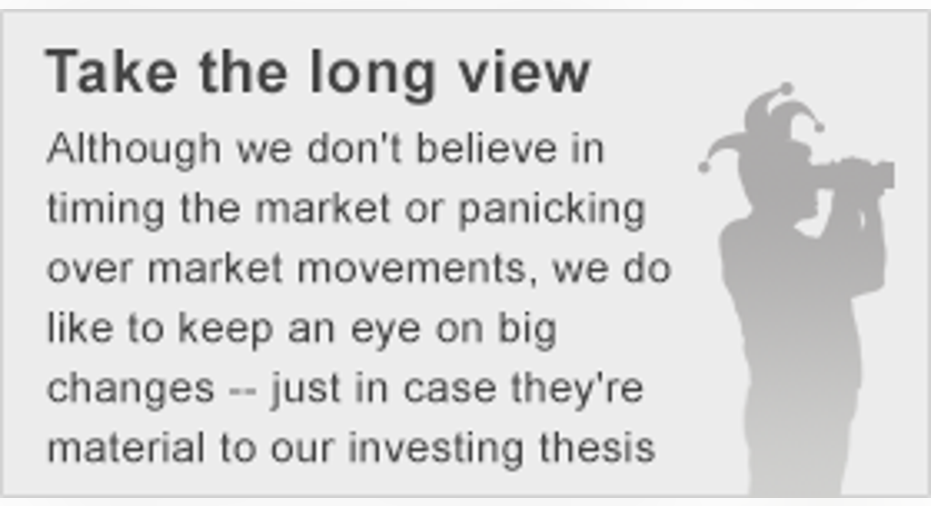Why Medivation, Inc. Shares Jumped 25.6% in March

Image source: Medivation.
What: Optimism over being acquired more than offset concerns that the National Institutes of Health could invalidate exclusivity on Medivation's top-selling Xtandi, which led to sharessoaring 25.6% in March, according to data from S&P Global Market Intelligence.
So what:Late last month, members of Congress, led by presidential candidate Bernie Sanders, sent a letter to the NIH asking it to hold a hearing to discuss whether it should invoke a 1980 provision allowing it to invalidate patent exclusivity on drugs like Xtandi that have been developed using NIH research grants.
If the NIH were to hold hearings on Xtandi, then Sanders and others think it could force Medivation to lower the price on its $129,000 prostate cancer therapy.
Xtandi, which was developed in UCLA's research labs and later licensed to Medivation, is commonly used to treat prostate cancer in both the pre- and post-chemotherapy setting. Last year, sales of Xtandi totaled $1.15 billion in the U.S., where the NIH march-in rights would apply.
Investors appear to be discounting that risk, however, and instead, they're modeling for a potential acquisition.
After the news in Washington caused a steep sell-off in shares, rumors began swirling that Medivation could be attractive to a larger player that is interested in bulking up its cancer drug lineup. An acquirer might be interested in Xtandi for its potential in prostate cancer and because it's being studied in breast cancer. Medivation is also working on MDV3800, another breast cancer treatment, and MDV9300, a B-cell lymphoma therapy.
Now what:Medivation is a bit of a biotech rarity in that it already markets a leading cancer therapy and it's already handsomely profitable. Last year, sales and royalties generated $943 million in revenue for the company, of which $244.7 million dropped to the bottom line.
Overall, Xtandi's market position and the company's profitability could make it an attractive M&A target, assuming that payer pushback on Xtandi's price fades. Although the risk of the NIH evaluating Xtandi shouldn't be discounted altogether, the NIH has never exercised its march-in rights in the past and it has indicated that it believes drug pricing should be dictated by legislation, not NIH patent disputes. Personally, I don't think the NIH will jeopardize the value of patent protection for non-profits like UCLA, especially since doing so could significantly impair the development of new drugs. If I'm right about that, then investors might want to consider owning Medivation, because the company may have what it takes to do just fine on its own, even if an acquirer doesn't come knocking.
The article Why Medivation, Inc. Shares Jumped 25.6% in March originally appeared on Fool.com.
Todd Campbell has no position in any stocks mentioned. Todd owns E.B. Capital Markets, LLC. E.B. Capital's clients may have positions in the companies mentioned. The Motley Fool has no position in any of the stocks mentioned. Try any of our Foolish newsletter services free for 30 days. We Fools may not all hold the same opinions, but we all believe that considering a diverse range of insights makes us better investors. The Motley Fool has a disclosure policy.
Copyright 1995 - 2016 The Motley Fool, LLC. All rights reserved. The Motley Fool has a disclosure policy.



















